Emerging Tech and FMCG: Revolutionizing the Consumer Goods Landscape
Introduction
Emerging tech and FMCG industries are being together transformed to change the way products can be developed, marketed, and distributed. Technologies such as AI, blockchain, and IoT have transformed the traditional FMCG operations so far, enhancing efficiency and sustainability while also personalization of products. This article analyzes emerging technologies and FMCG synergy, incorporating innovation, benefits, challenges, and future trends.
Role of emerging tech in FMCG
AI and data analytics in FMCG
Predictive analytics is essentially powered by AI. To this end, FMCGs would be able to analyze consumer behavior and preferences. Using machine learning tools, brands can view demands and prevent waste. For example, AI-powered chatbots provide instant support with regards to customer service.
Blockchain Enhancing Trust
Blockchain will secure supply chains to the advantage of keeping their contents transparent. It follows the product journey from origin to shelf in order to ensure authenticity and ethical sourcing. Brands such as Nestlé and Unilever already use blockchain for building trust.
IoT Consumer Engagement
IoT allows the connection of devices so that FMCG companies can get insights into product usage. For example, smart refrigerators can track inventory and suggest replenishments for better consumer experiences.
Automation in Production and Distribution
Automation revolutionizes FMCG production lines and logistics Precision in manufacturing is determined by robotics, while enhanced efficiency in speed and accuracy of delivery in order processing is the contribution of automated warehouses. On the whole, it is a way of saving and enhancing performance in organizations.
Augmented Reality (AR)
Consumer Interaction in the Forms is Re-Defined by AR for Providing Beautiful Shopping Experiences. FMCG brands use AR for;
- Virtual try-ons for cosmetic products.
- Interactive packaging that delivers additional product information or entertainment.
Emerging Tech Trends in FMCG
Smart Packaging Solutions
Packaging is becoming a source of interaction and data. The consumers are connected through QR codes or NFC tags for product information, recipes, etc. They usually have access to offers as well. This builds stronger brand connections.
Personalized Marketing with AI
Advanced algorithms enable targeted advertisements. Proffering tailored marketing campaigns based on habits from the browsing and purchase history, brands will have a cohesive strategy for customer retention.
Sustainable Concepts with Technological Input
Technologies like blockchain and AI help FMCG companies adopt eco-friendly practices. They optimize resource usage, reduce waste, and track sustainability metrics.
Voice Commerce
Voice assistants such as Google Assistant and Alexa have made shopping easy. Fast-moving consumer goods are changing their marketing strategies according to trends of voice search.
Emerging Tech Integration Benefits for FMCG
| Benefit | Description | Example |
| Efficiency Improvement | Automated systems reduce errors and save time. | Amazon uses automated warehouses. |
| Enhanced Consumer Trust | Blockchain provides transparency and authenticity. | Nestlé’s blockchain for traceability. |
| Sustainability | Technologies enable eco-friendly processes. | Unilever’s AI-driven green strategies. |
| Personalization | Data-driven insights tailor customer experiences. | Coca-Cola’s personalized campaigns. |
Challenges of Implementing Emerging Tech in FMCG
1. Expensive
What comes with the purchase of many upcoming innovations like AI, blockchain, IoT is high infrastructures and training costs for big implementations. The small FMCG player will not be able to afford it.
2. Data privacy and security
The more you depend on consumer data, the more critical it becomes for an FMCG brand to comply with such foreign regulations as those under the General Data Protection Regulation (GDPR) and to avoid breach.
3. Human Resource Skills Gap
New technologies involve a techs savvy workforce. Therefore, most changes in emerging technology have low levels of implementation speed, as it takes such time as even years to prepare staff to understand and manage various emerging tech tools.
4. System Integration Complexity
Integrating emerging technologies into legacy systems can sometimes disrupt operations. Seamless integration requires planning and specialized expertise.
The above challenges are key to unlocking the full benefits of emerging technologies for FMCG companies to remain competitive in a rapidly changing market.
Real-World Applications of Emerging Tech in FMCG
Case Analysis: Coca-Cola’s AI Strategy
Research indicates that Coca-Cola relies on AI for predicting the preference of consumers and marketing their products. AI vending machines are said to recommend products based on the weather characteristics and customer’s geographical location.
Blockchain Adoption by Nestlé
Nestlé has adopted blockchain tracing for its milk and coffee supply chains, allowing consumers to scan a QR code to learn the origin of a product and ensure ethical sourcing.
IoT Integration by Procter & Gamble
Procter and Gamble is leveraging the power of IoT enabled devices like smart toothbrushes to capture usage analytics for improving product innovation and engaging the consumer.
Emerging Tech in FMCG Future
1. AI-Driven Personalization
Artificial intelligence will enable hyper-personalized products and marketing strategies. Real-time data analysis will allow FMCG brands to meet unique consumer needs efficiently.
2. Transparency via Blockchain
This will fortify the supply chain with trust built through visible verifiable sourcing and ethical production in the near future.
3. Autonomous delivery systems
Speedy and contactless deliveries, Drones and autonomous vehicles are likely to change the FMCG landscape of logistics.
4. Immersive consumer engagement
Virtual and augmented reality brings shopping to a whole new level, where consumers can explore and test products in a virtual space before buying.
5. Virtual Reality and Augmented Reality
Such campaigns are in fact very immersive marketing campaigns within virtual realities and augmented reality the incoming marketing fronts. Virtual testing of items prior to acquisition will facilitate more informed decision making.
They will change the entire FMCG landscape that will be creating maximized efficiencies and sustainability to consumer satisfaction while addressing the requirements of modern consumers.
Emerging Tech Innovations Shaping FMCG
| Technology | Primary Use Case | Future Potential |
| AI | Demand forecasting, personalization | Hyper-targeted marketing strategies |
| Blockchain | Supply chain traceability | Standard for ethical sourcing |
| IoT | Consumer usage insights | Smart homes integrating FMCG products |
| Robotics & Automation | Manufacturing and warehousing | Fully autonomous production lines |
| AR & VR | Immersive product experiences | Virtual FMCG stores |
FAQs
1. How emerging technologies benefit FMCG organizations?
Emerging technologies usually help maintain operational efficiency, increase customer engagement and keep sustainability into place. Eventually, it makes competitive in markets that are changing continuously.
2. What does blockchain contribute to FMCG?
Blockchain creates visibility by tracking products all through the supply chain, building trust and authenticity for consumers.
3. What is AI doing to changes in FMCG?
AI does demand forecasting, inventory management, and personalized marketing, optimizing operations and ensuring better customer satisfaction.
4. What problems do FMCG houses face with technology adoption?
Employees cite heavy initial investment, privacy concerns about employee data, skilled gapes caused by technification, inefficiencies in human resource management, communication within and between businesses as significant challenges.
5. What does future tell about emerging technology in FMCG?
Future includes AI for personalization, blockchain for transparency, drones and driverless vehicles for delivery, and immersive marketing through strong VR.
6. How does IoT impact consumer experiences in FMCG?
It tells about better product usage, possible algorithms for recommending personalized recommendations rather than regular behavior.
Conclusion
That’s where emerging tech and FMCG will create a brand-new norm in the innovation industry. AI personalizes everything while blockchain enables greater transparency-from customer complaints to product replacement. Technology plays a role in all things FMCG, but despite the challenges, these new tools have opened up immense possibilities for gains. Technology always transforms itself, and it forces FMCG players to acquire innovative ways of being relevant and answering the needs of the new consumer. Such coalescence depicts a bright future ahead of efficiency, sustainability, and enhanced consumer experience.
Read more Articles about Tech trends and other categories at thedigitad.com


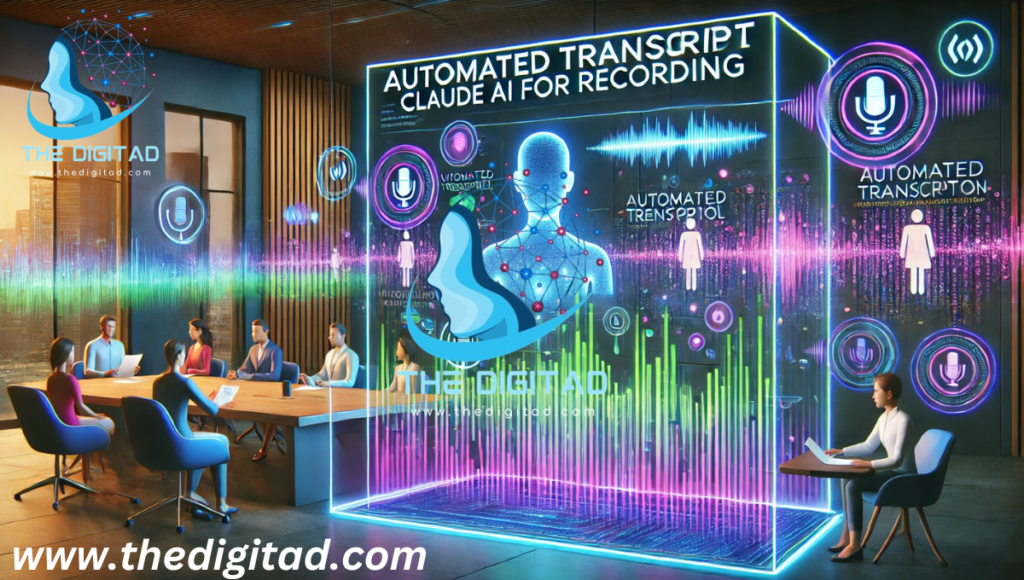
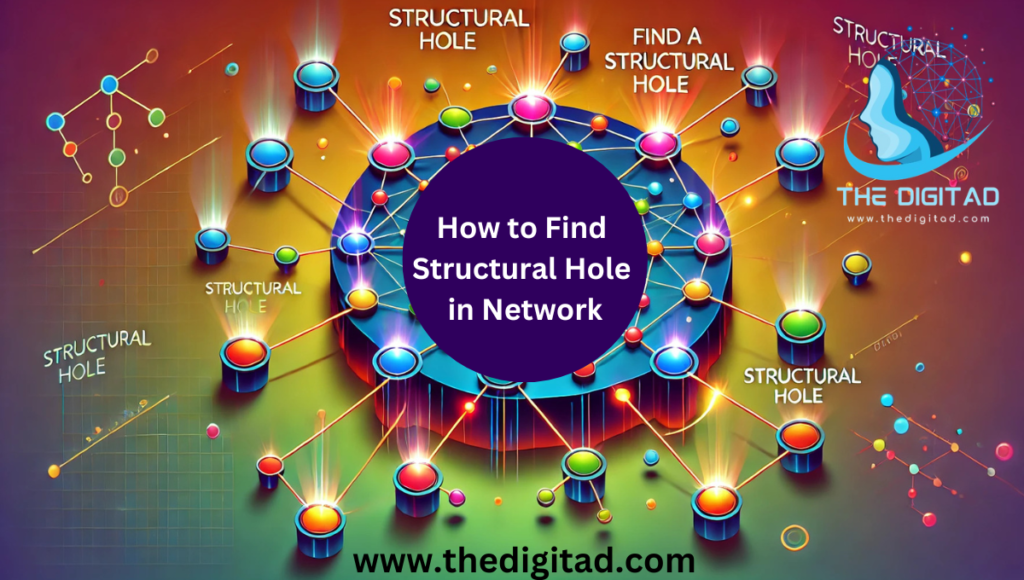
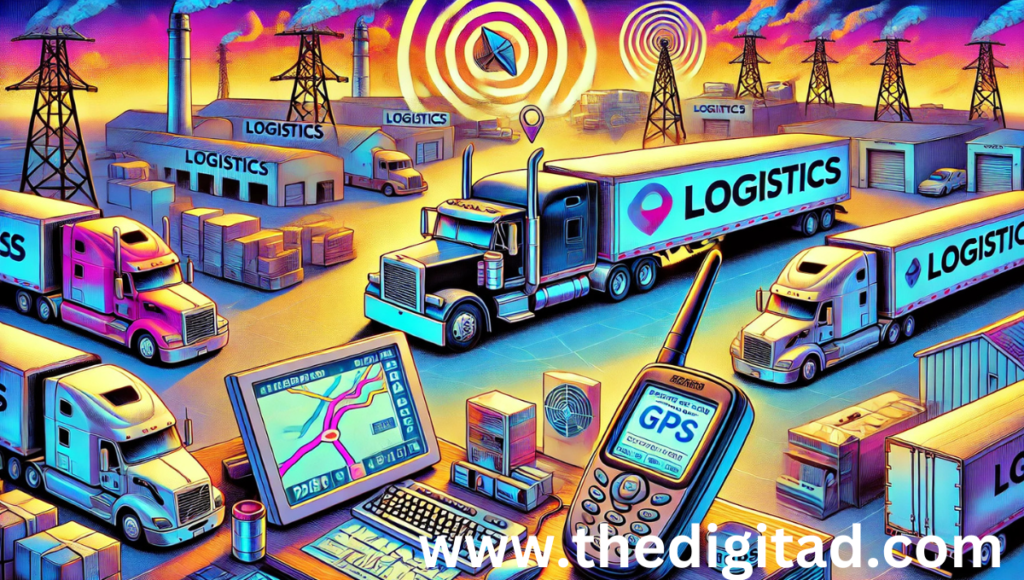
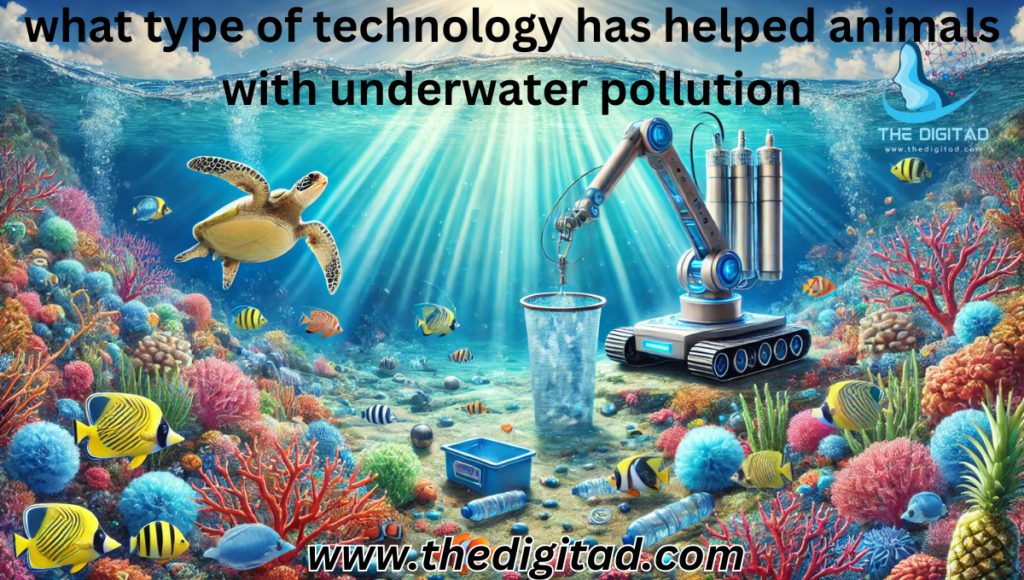
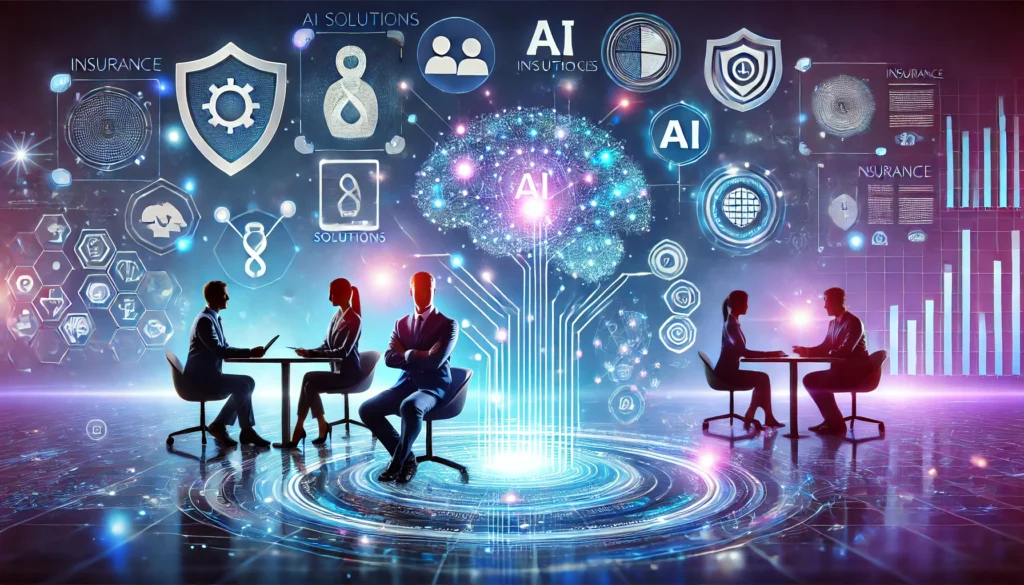
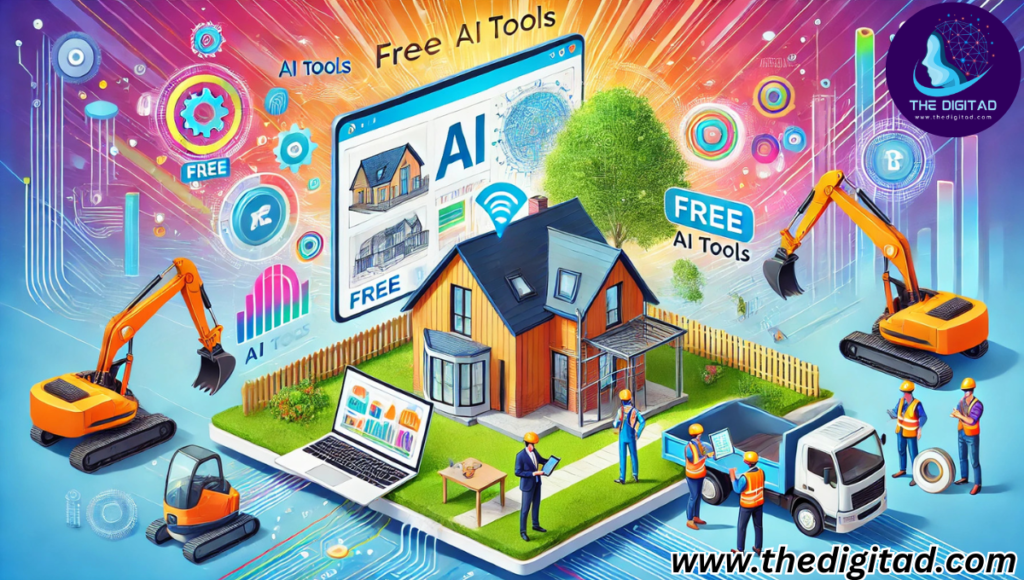
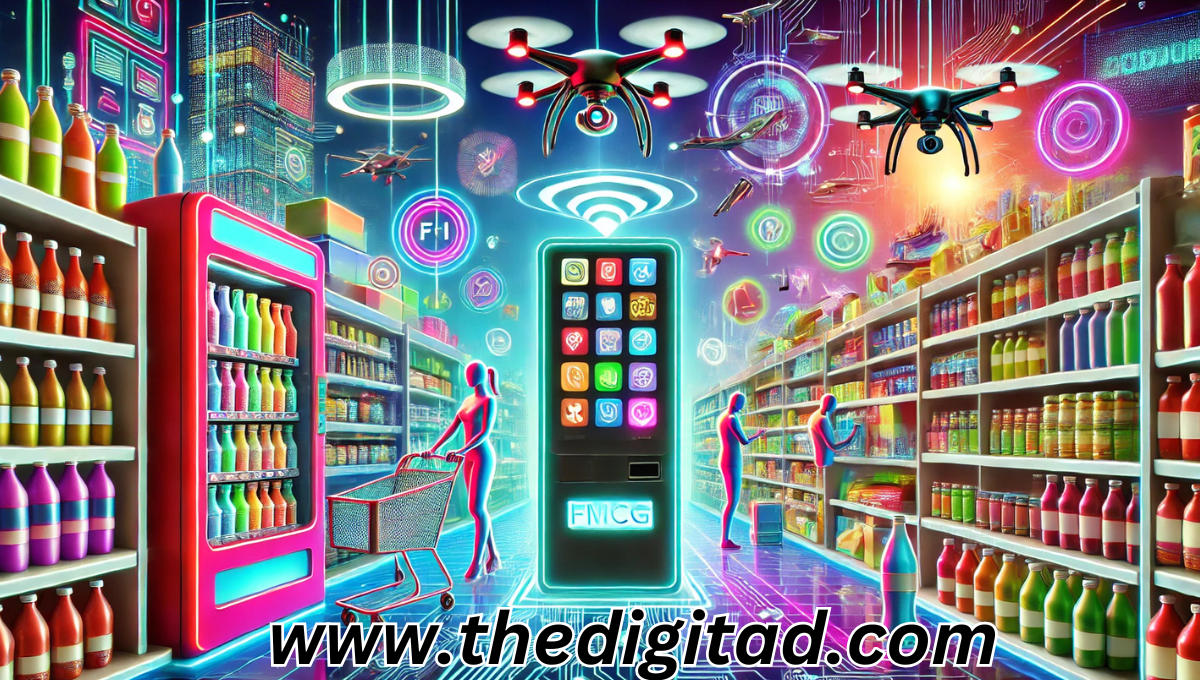
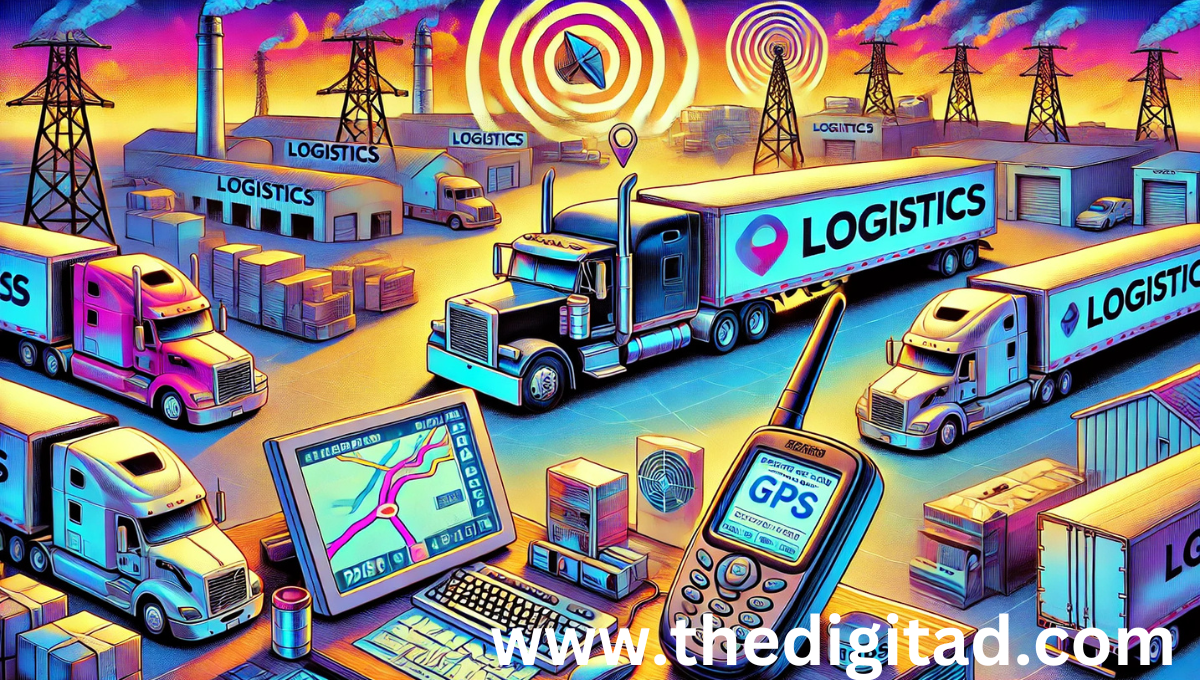
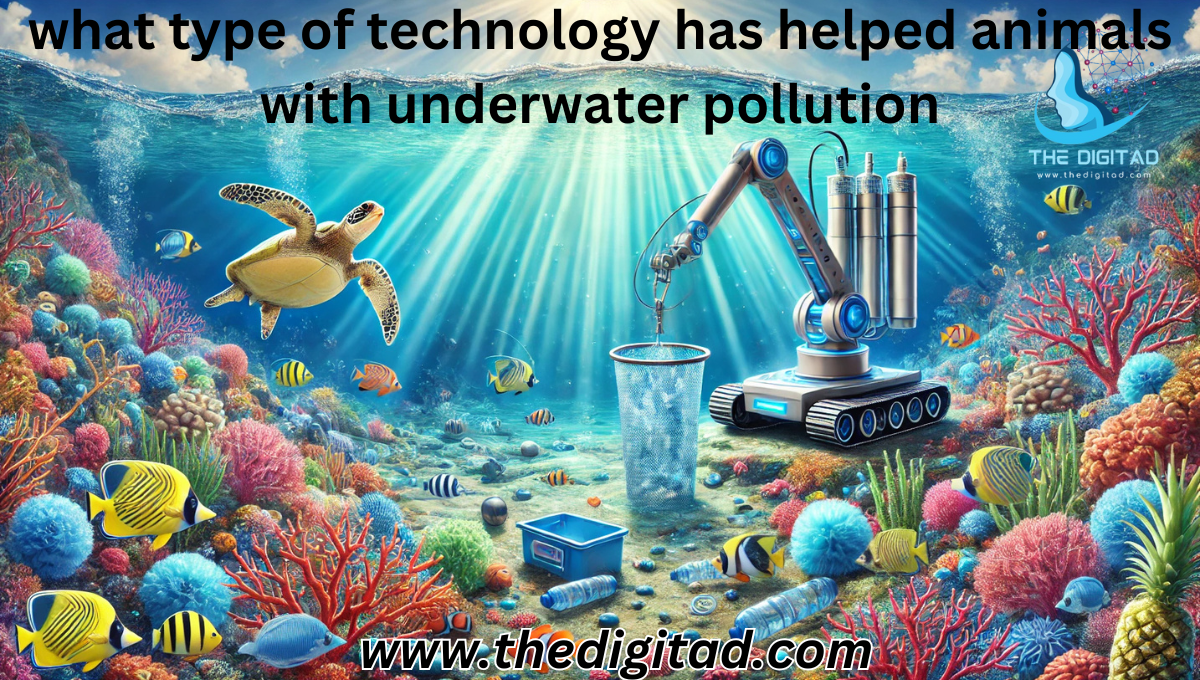
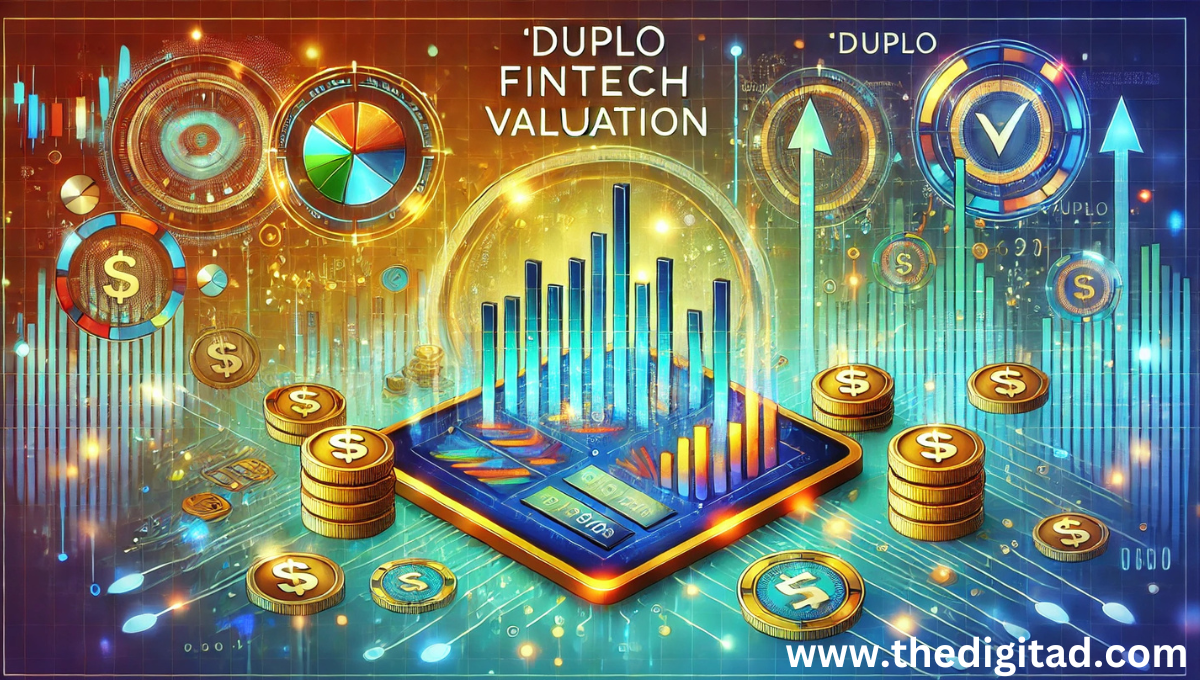
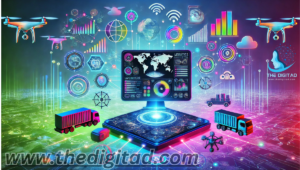
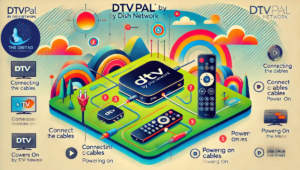
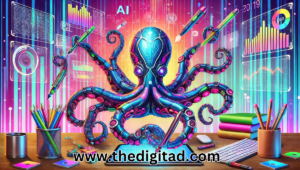


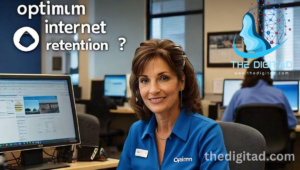

Post Comment